The Dutch language is a captivating blend of history, culture, and global influence. As an integral part of the Netherlands’ identity, this Germanic language has left an indelible mark on the world stage. It’s widely spoken from the Netherlands to Suriname to the Caribbean. From its roots in the old Frankish dialect to its global spread through maritime trade, colonialism, and cultural exchanges, the language has an intriguing story to tell.
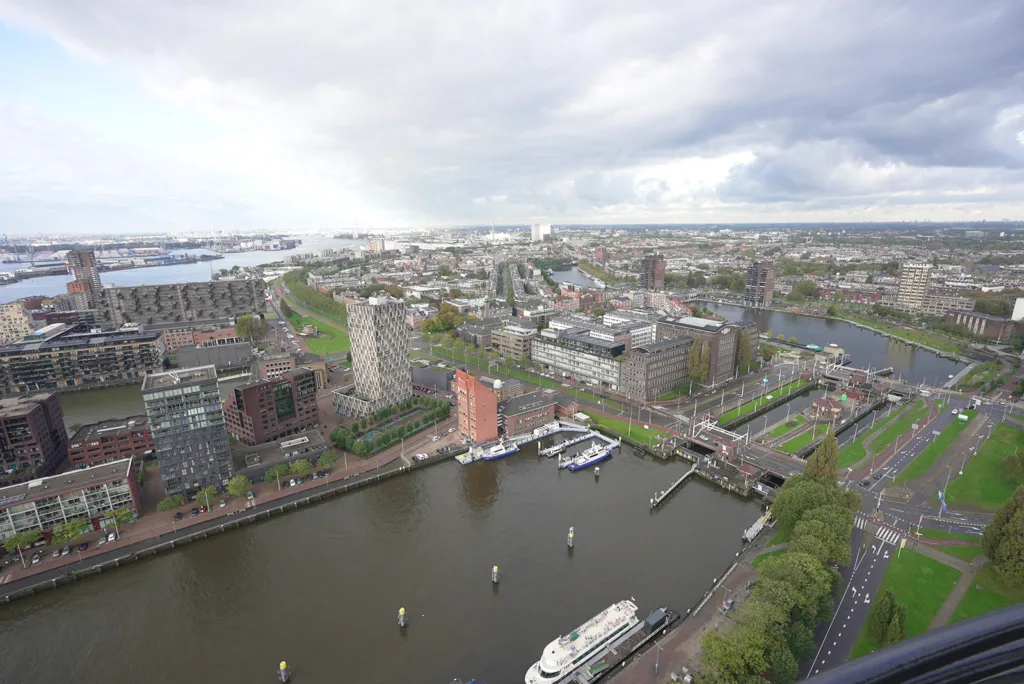
Dutch traces its origins back to Old Frankish, a West Germanic language spoken by the Franks in the area now known as the Netherlands and Belgium. This dialect gradually evolved into Old Dutch around the 5th century, marking the beginnings of a language that would eventually become a significant global player.
By the Middle Ages, Middle Dutch had emerged, giving rise to a rich body of literature and regional dialects. These dialectal variations would later play a key role in shaping the modern Dutch language. The evolution of Dutch is a testament to the dynamic nature of language, continuously adapting to the changing socio-cultural landscapes.

You can’t discuss the Dutch’s global impact without mentioning the Dutch Golden Age in the 17th century. This was a period of unprecedented prosperity and global trade expansion for the Dutch Republic, leading to the establishment of colonies in Asia, Africa, and the Americas.
The Dutch East India Company and the Dutch West India Company became instrumental in global commerce during this time. The Dutch Republic’s trade dominance not only brought wealth but also established the Dutch language as a lingua franca in many trade hubs worldwide.
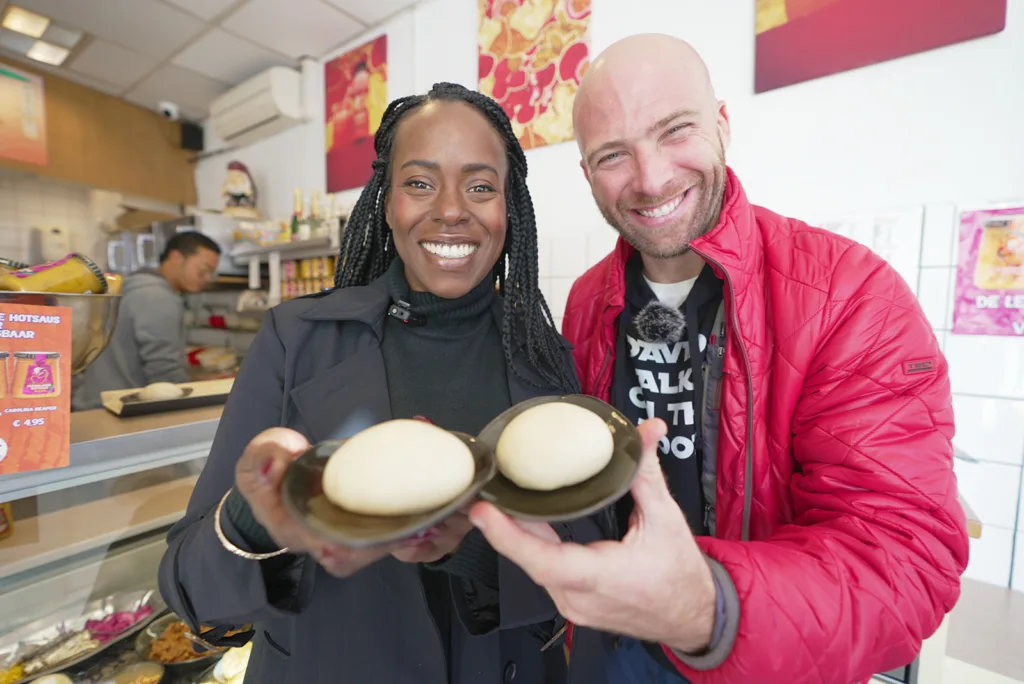
The current form of the Dutch language, or Nederlands, reflects a variety of influences. From loan words originating from trade relations with diverse countries like Portugal, Indonesia, and Japan, to the impacts of neighboring German and French, Dutch is a testament to the Netherlands’ global interactions.
While Dutch remains the official language of the Netherlands, it’s also prominent in parts of Belgium (as Flemish), Suriname, and the Caribbean territories of Aruba, Curaçao, and Sint Maarten.
Moreover, Afrikaans, a language spoken in South Africa and Namibia, is a daughter language of Dutch, further demonstrating the global footprint of the Dutch linguistic lineage.
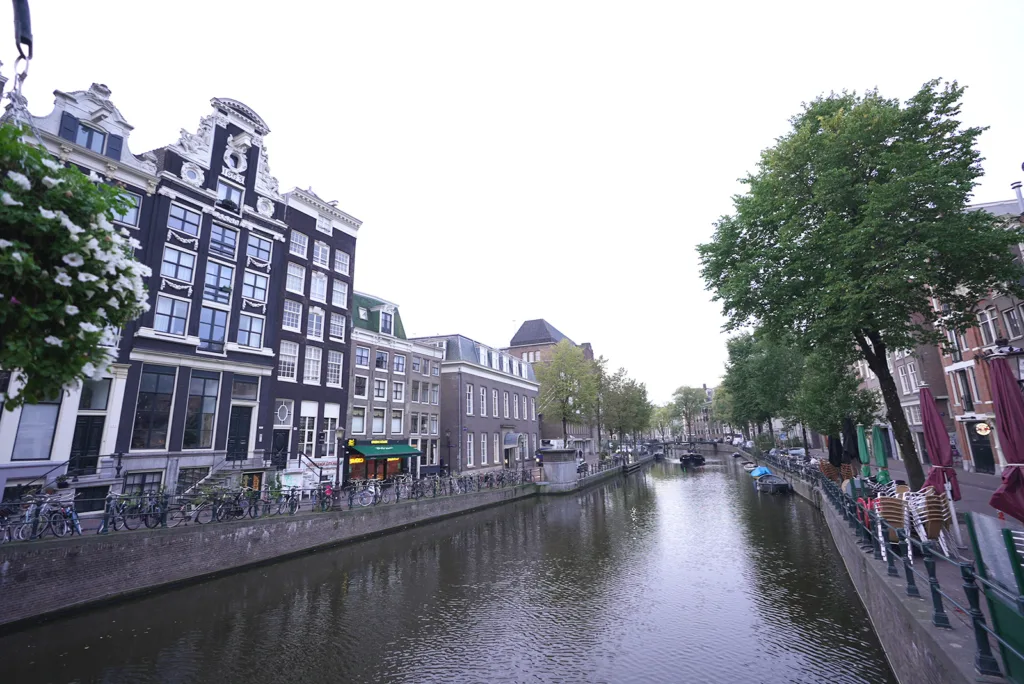
The prominence of Dutch in international commerce is closely tied to the Dutch Golden Age’s history and global influence. Here’s how it evolved:
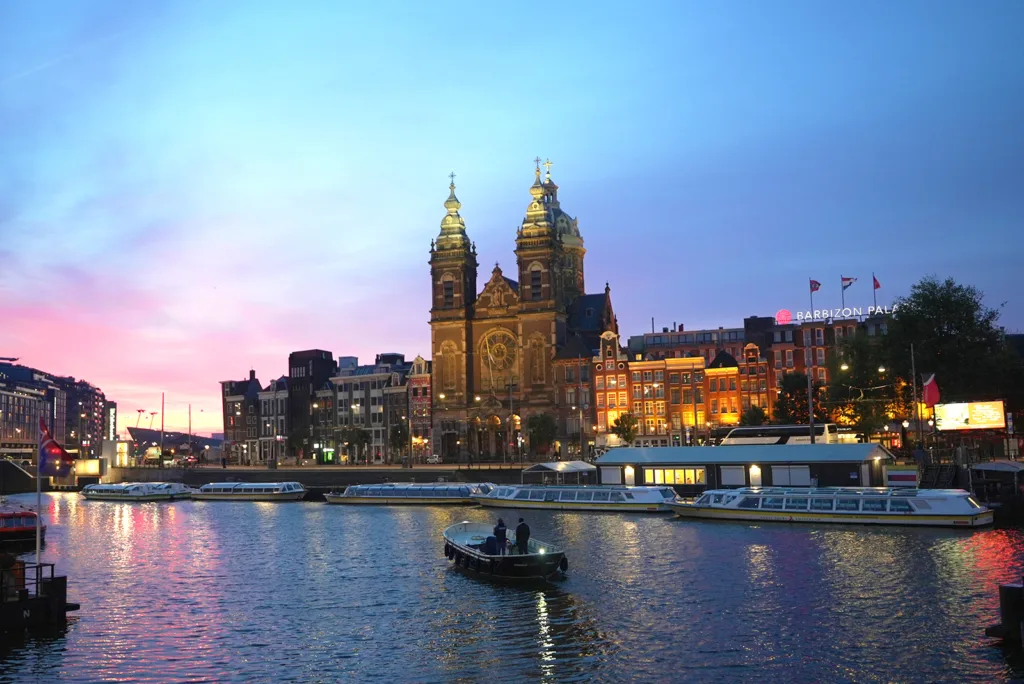
Despite the global dominance of English in commerce, science, and diplomacy in the 19th and 20th centuries, Dutch continues to hold relevance in various domains and regions.
In the Netherlands, approximately 90% of the population speaks English. Consequently, English-speaking travelers usually find it easy to communicate with locals in cities like Amsterdam.
However, if you’re planning a trip to the Netherlands, learning a few Dutch language phrases can go a long way in enhancing your travel experience.
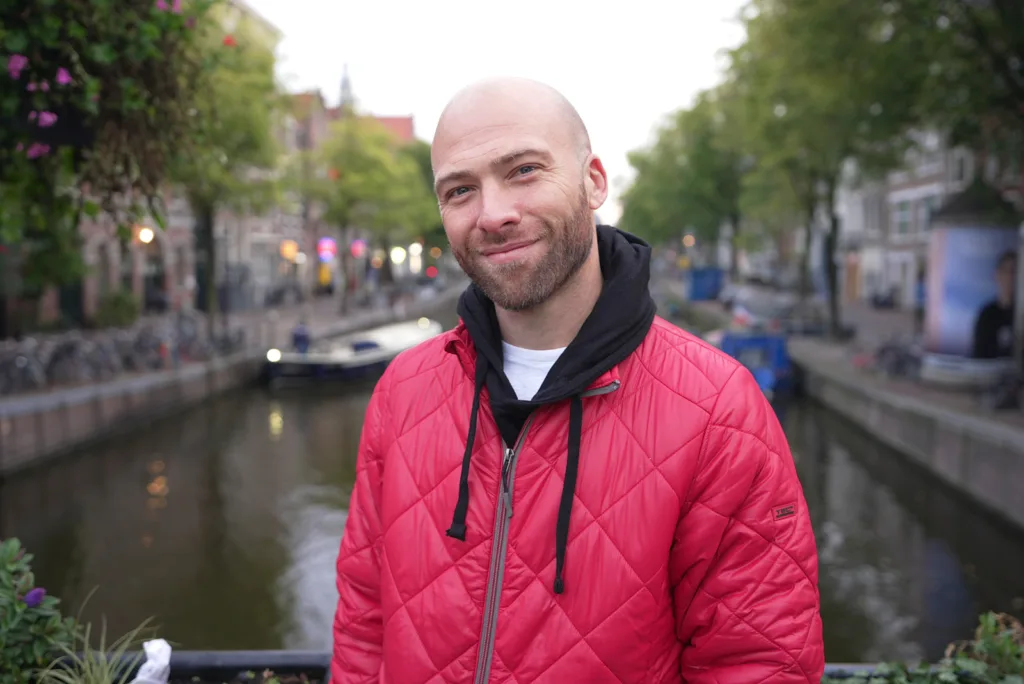
Here are some quick Dutch language phrases to get you started:

Pronouncing Dutch words can be challenging for non-native speakers. The Dutch language has unique sounds, and Dutch vowels are pronounced differently than their English counterparts.
Here’s a quick guide to help you with Dutch pronunciation:

Learning a few Dutch language words and phrases can make your dining experience more enjoyable in destinations like the Netherlands, Belgium, Suriname, and Curacao. Here are some essential Dutch words for drinks and food:
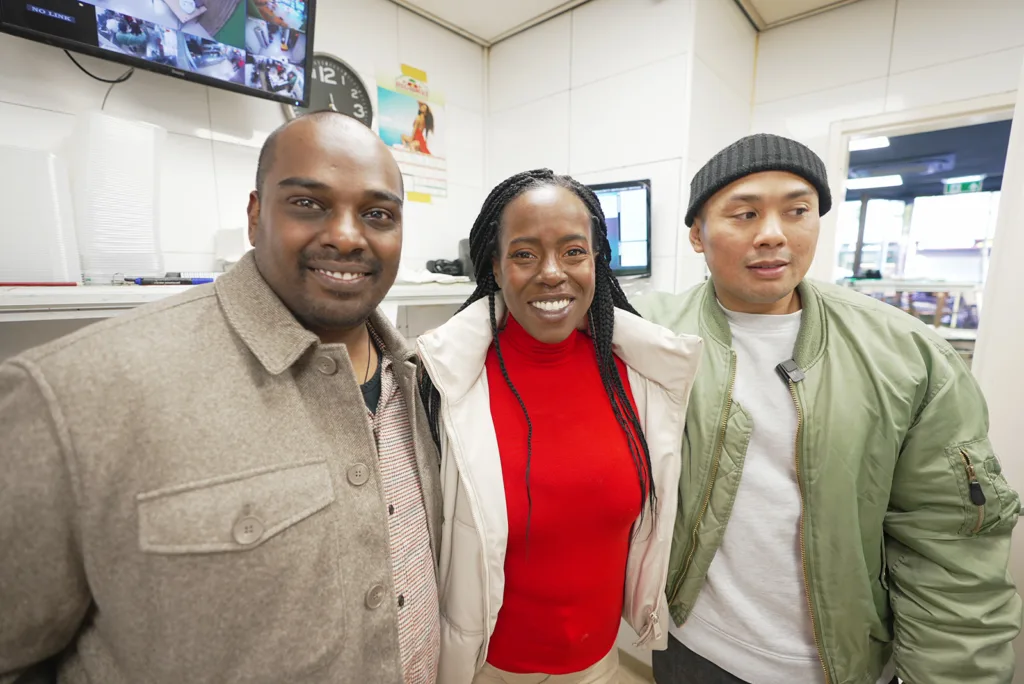
Whether you’re planning a trip to the Netherlands, studying its history, or simply curious about the language, a basic understanding of Dutch can open up a new world of possibilities. From its historical roots to its modern-day use, the Dutch language is a fascinating subject to explore.
Remember that, while learning a new language can be challenging, it’s also an opportunity for personal growth and cultural understanding. So go ahead and dive into the beautiful world of Dutch – who knows what adventures it might lead you to!

The Dutch language, a mesmerizing blend of history, culture, and international influence, is a captivating subject to explore. From its roots in Old Frankish to its global spread through maritime trade, Dutch has left an indelible mark on the world stage. Today, while English dominates global commerce, Dutch continues to hold its relevance in various domains and regions.
Whether you’re planning a trip to the Netherlands, studying its history, or simply curious about the language, a basic understanding of Dutch can truly enrich your experiences. So, dive in and start your Dutch adventure today!
NOTE: Need information about which travel documents you need for your next international trip? Check out my essential travel documents guide!
Counter
101 Countries • 1432 Cities